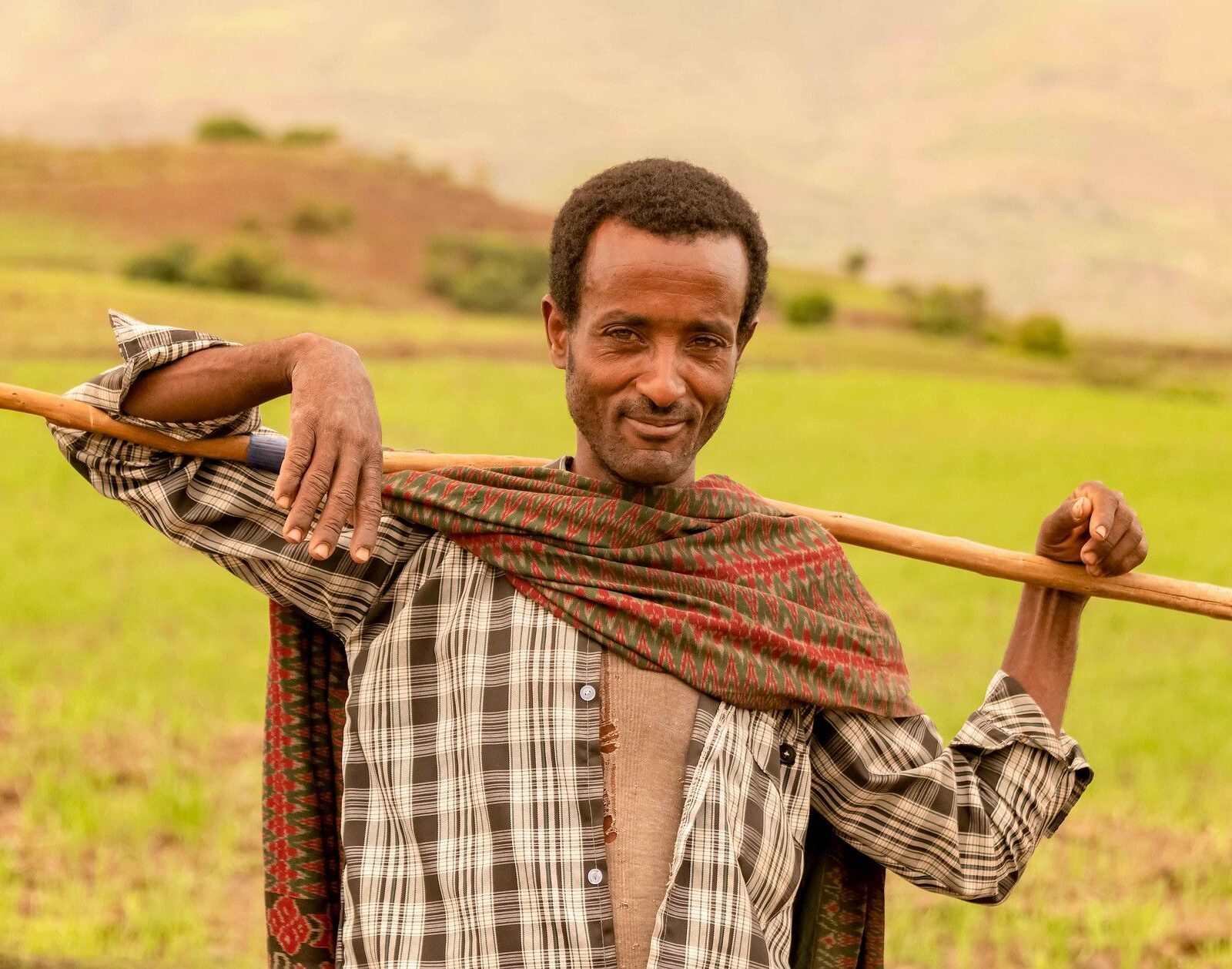About the research group
Because rainfall shocks such as drought adversely affect people’s livelihoods, policymakers have pondered interventions that could address this. In Ethiopia, in 2005, the Government instigated the Productive Safety Net Programme (PSNP), a food and cash transfer to reduce poverty and to attain development objectives. The government and other agencies intend to expand and improve the PSNP and this study proposes inclusion of a Weather Index Insurance (WII) component as one of the ways to enhance its outcomes. This study therefore examines whether WII can be a new kind of social protection programme to be integrated cost-effetively into existing national safety net.
